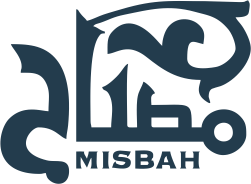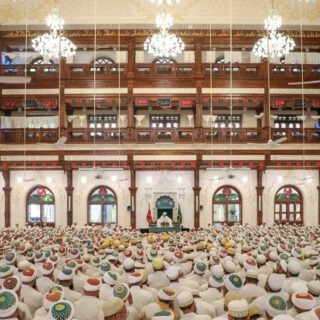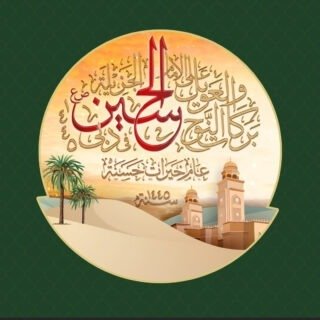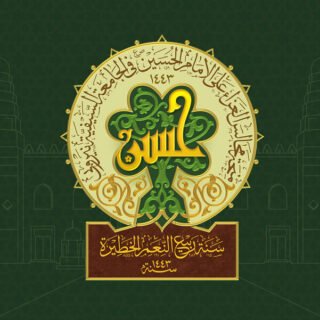The previous article discussed the significance of sitting at a thaal during mealtimes. However, before consuming a meal one must wash both hands, and should also do the same after having had his fill.
Rasulullah SA guides us that:
الوَضوءُ قبلَ الطعامِ وبعدَه بركة
Washing both hands before and after every meal is barakat.
Awliyaullah AS have stressed upon the following factors in this regard:
to wash both our hands; not just the right hand with which we have our meals, and
to wash our hands twice; before and after every meal, not just once.
It is documented that when the divine thaal descended upon Maulatona Fatema AS she washed the hands of the Khamsat Athaar AS prior to them partaking from it. Indeed, washing hands is a hygienic act which safeguards one’s health. However, in addition to this Rasulullah SA has mentioned it as barakat. This makes it evident that for others washing hands may be limited to being an act of hygiene, whereas, for Mumineen it is surely much more than that. This hadith mubarak establishes that adhering to Thaqaafat Fatemiyah is a source of barakat, and by enjoining upon their followers to adhere to this culture, it is this barakat that Awliyaullah AS seek to bestow upon them.
The call for washing our hands implies that one should avoid using a fork and knife when eating. A person who uses a fork and knife is not always required to wash his hands and can suffice by using a tissue or a napkin.
One meaning of the word barakat is an increase and a growth in something. Thus, seeking barakat before partaking in a meal would ensure that one maximises the benefits derived from the meal. The nutrients and energy gained from the meal would be put to use in engaging in a halal business or trade, in the ´ibaadat of Allah Ta´ala and in the betterment of his self, his family and larger society. Similarly, another meaning of barakat is to be able to achieve your objectives with the resources and means available. In this context, even if one manages to partake only a few morsels he will be able to achieve just as much or more than one who may have consumed a more wholesome meal.
In order for Mumineen to derive this barakat, Awliyaullah AS have directed Mumineen to:
Use a chilamchi and lotaa for pre and post meal hand-washing
Respect Allah’s blessings by making sure that one’s hands are licked clean of every food particle before washing or wiping them. Washing off food particles from the hands is regarded as an act of arrogance. While, licking one’s fingers before washing or wiping them is considered as a sign of humility.
Never use any kind of food item to wash or wipe hands, for doing so lessens Allah’s blessings.
Wash the hands of the eldest or the most senior person present first.
Not drain the chilamchi frequently, unless it becomes full.
If they are the hosts, to wash their hands last out of respect for their guests.
It is narrated that Maulana Imam Moiz AS once remembered a Dai and praised him for his honesty and truthfulness. Blessing him with his du´aa’ mubarak, Imam AS mentioned that he used to offer to pour water over the hands of the person who had poured water over his hands while he was washing them. Out of respect for the Dai’s position, that person would politely decline this honour. However, the Dai would insist saying, “If you intend to earn thawaab by pouring water over my hands, then I am more in need of thawaab. And, if you do what you do out of respect for me, then such respect is more befitting for the Imam AS.”
Rasulullah SA has stated that washing one’s hands before and after meals is a source of barakat, however, the customs and traditions that Hudaat Kiraam AS have laid down enable us to maximise this barakat. Today, our Maula, al-Dai al-Ajal Syedna Aali Qadr Mufaddal Saifuddin TUS the custodian of Fatemi Thaqaafat enlightens for us the path towards gaining more and more barakat. May Allah Ta´ala grant Syedna al-Dai al-Ajal TUS a long life till the day of Qiyaamat.








